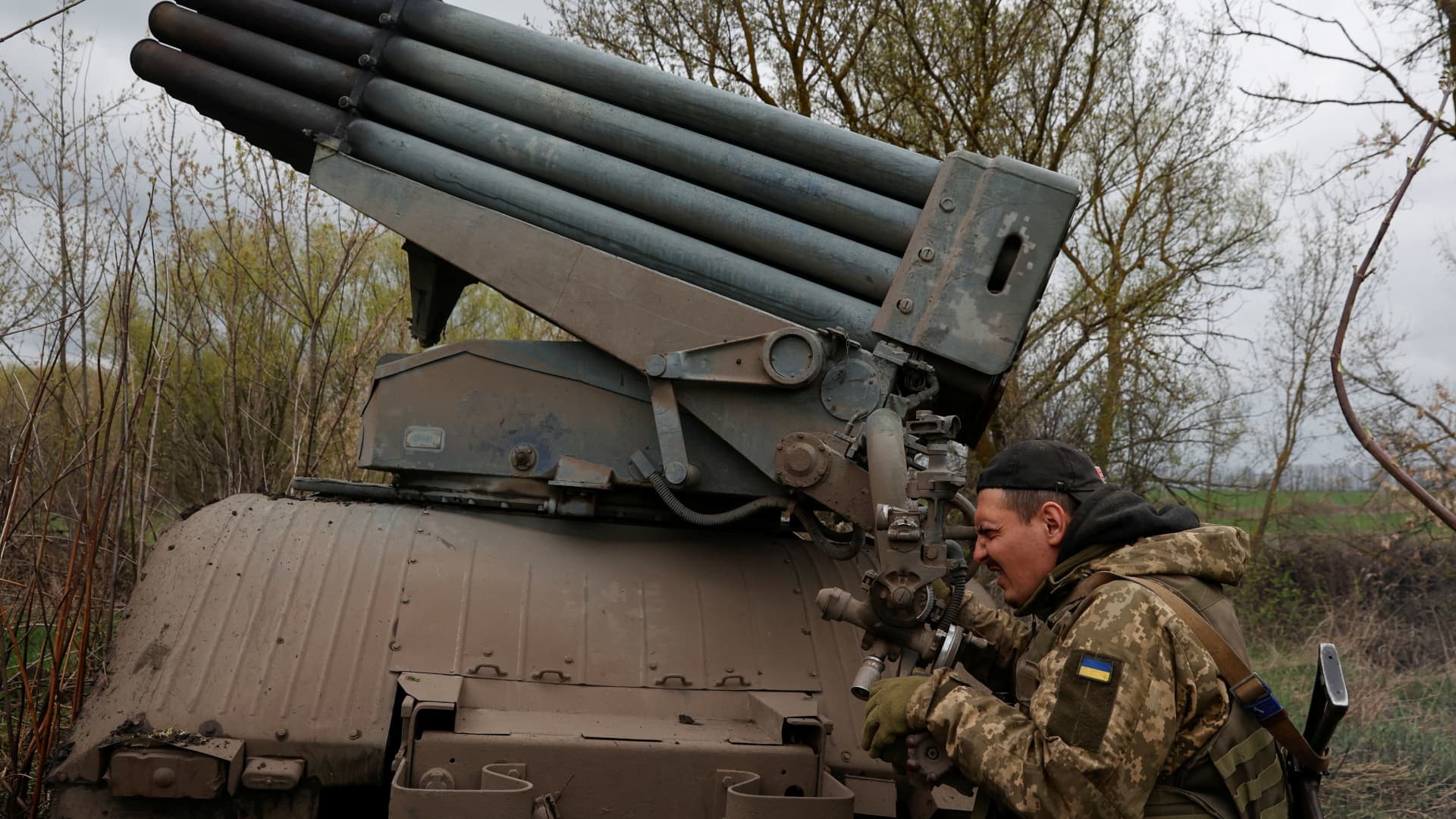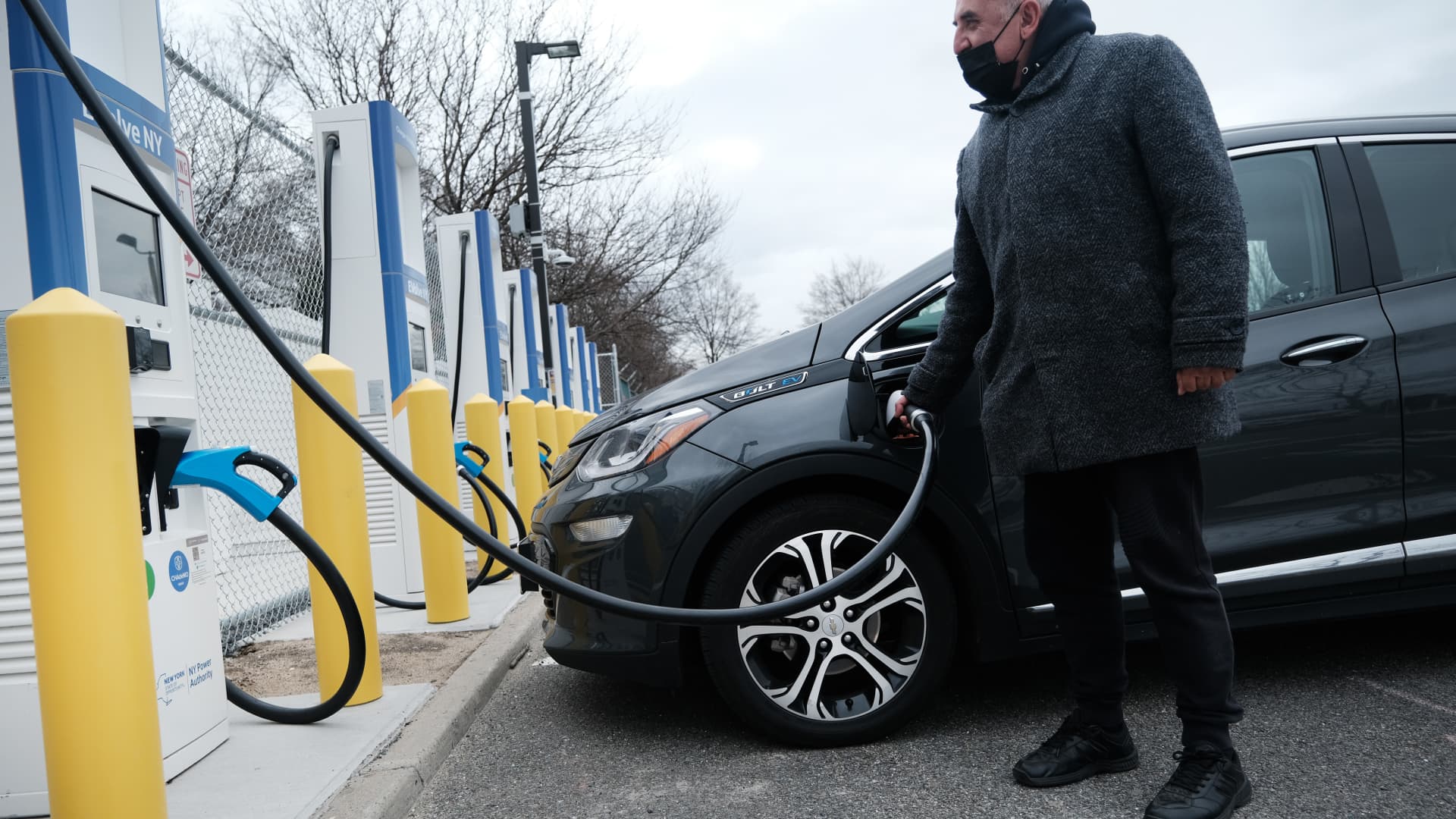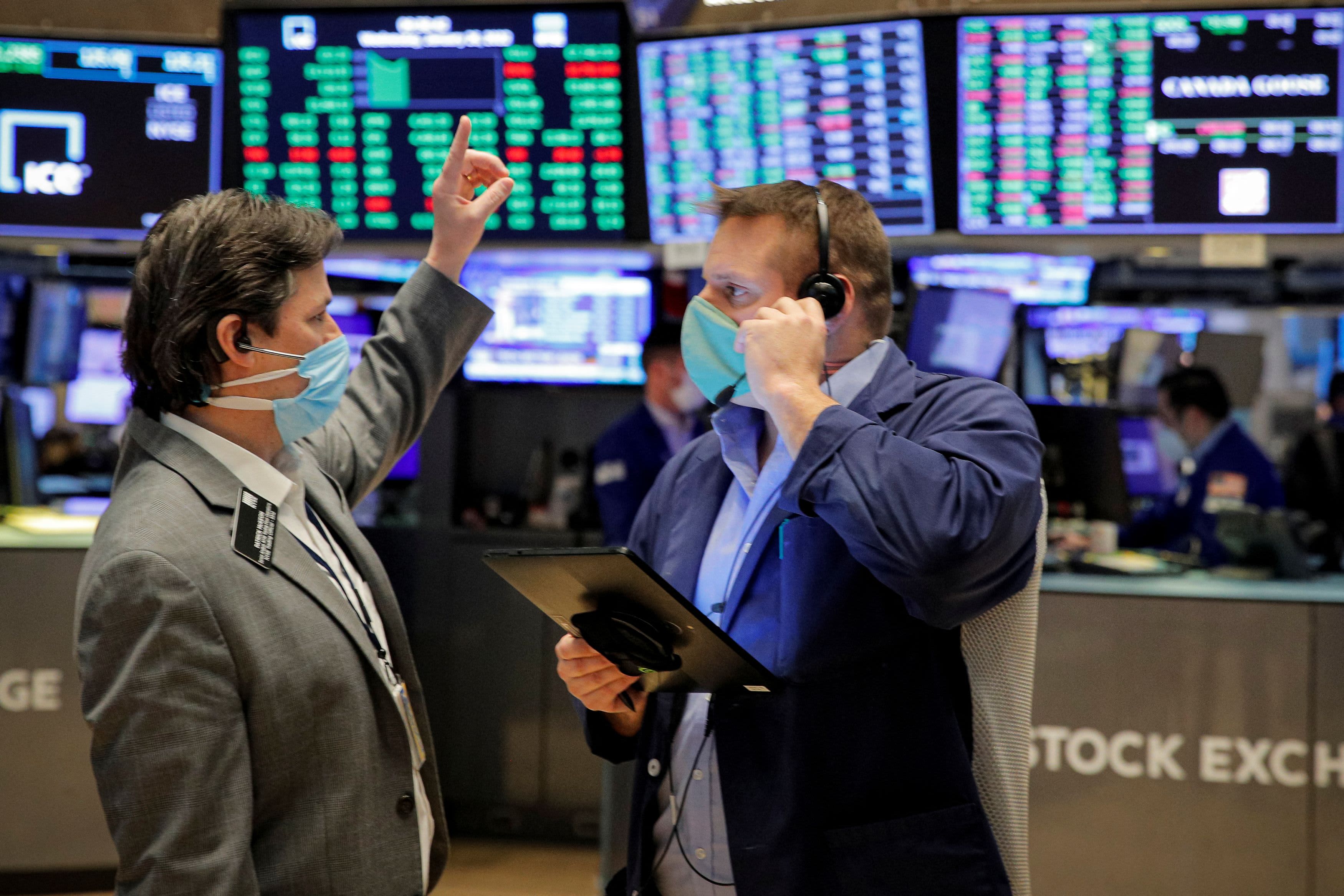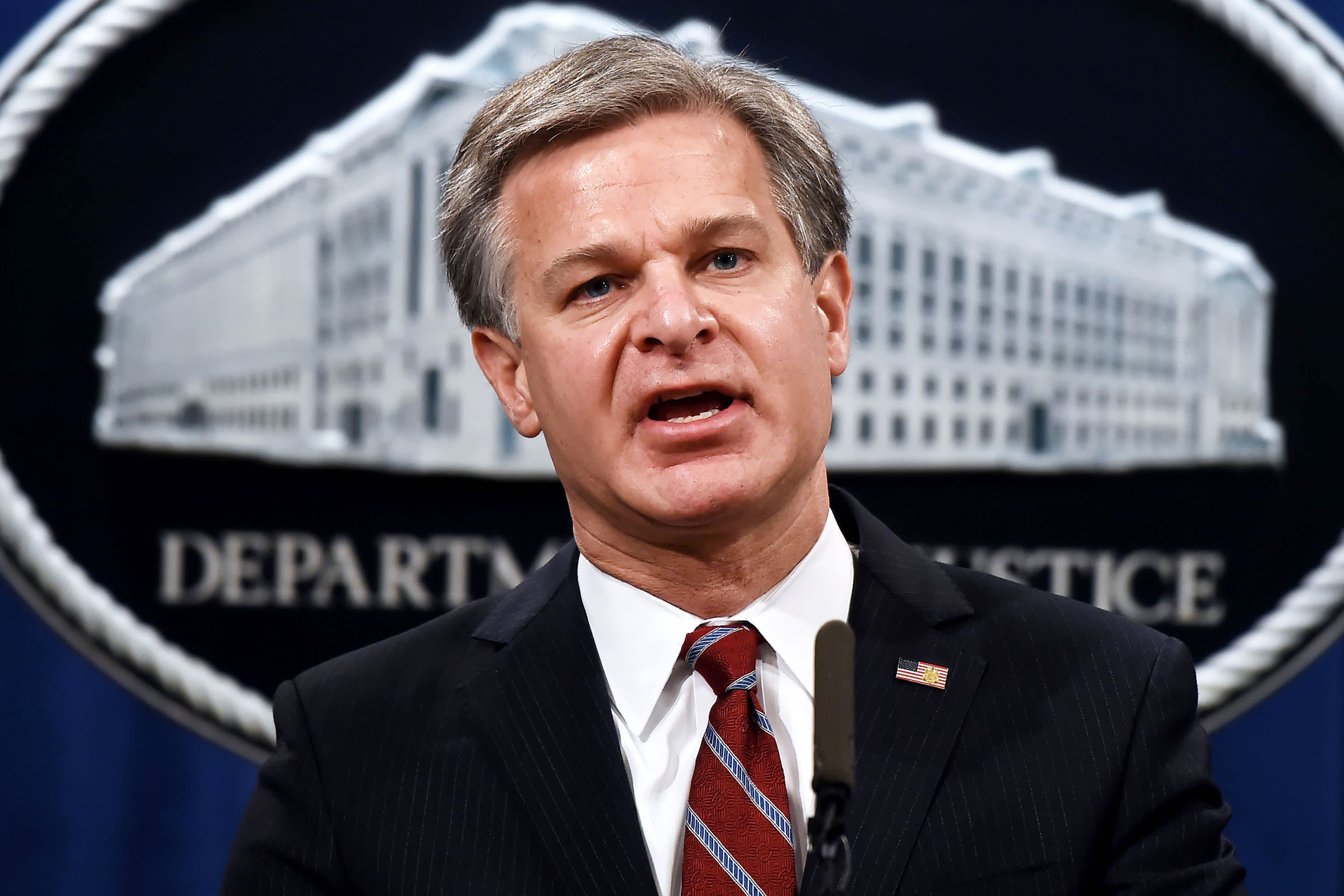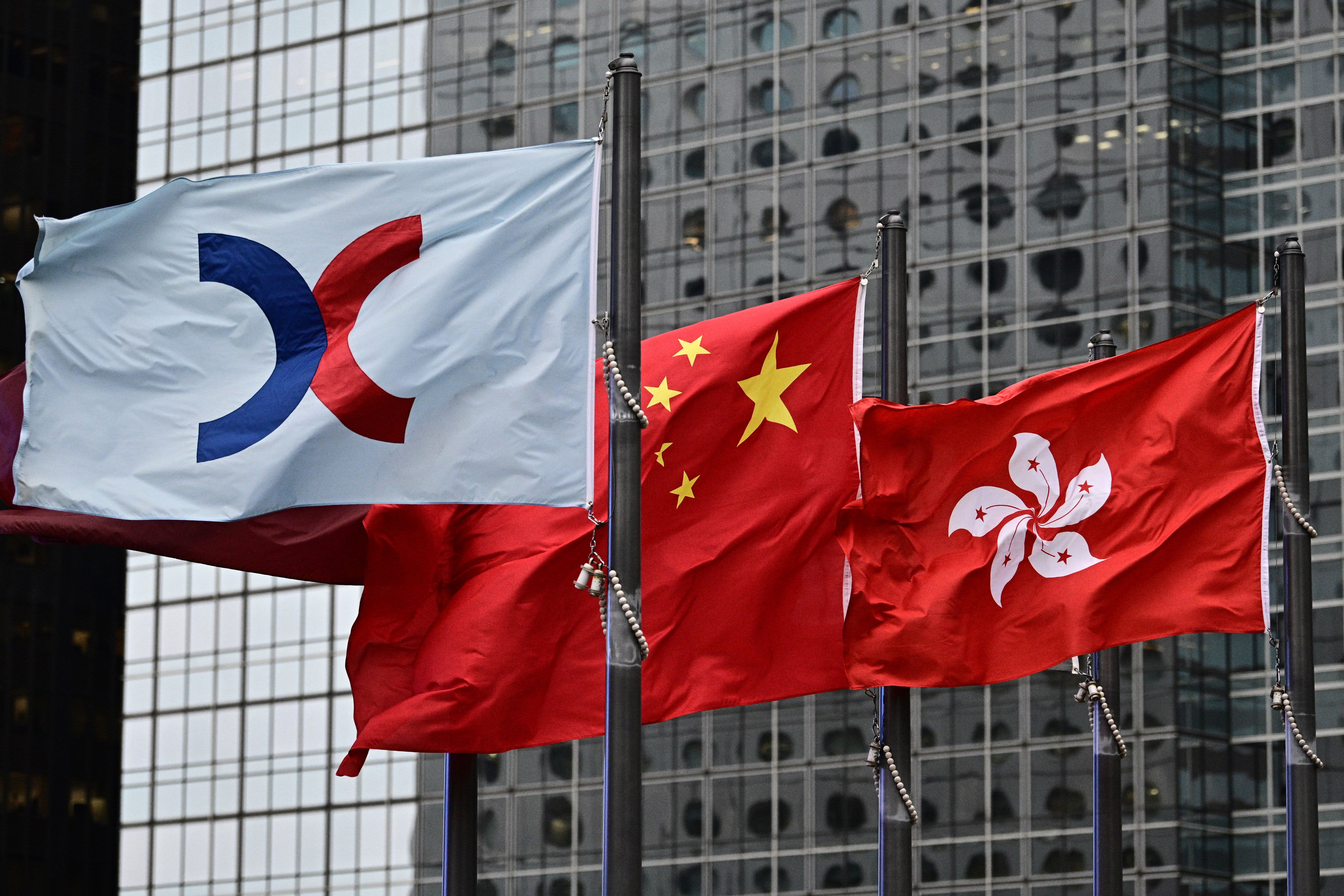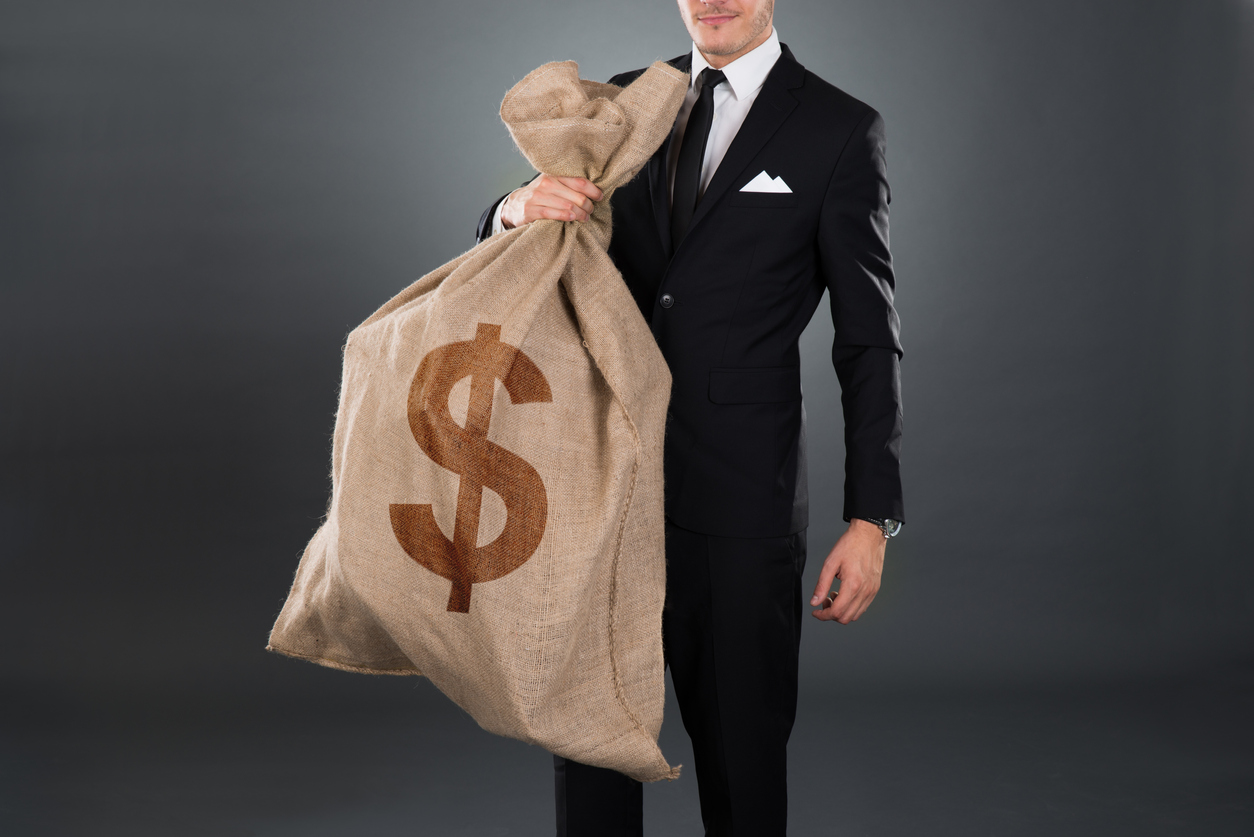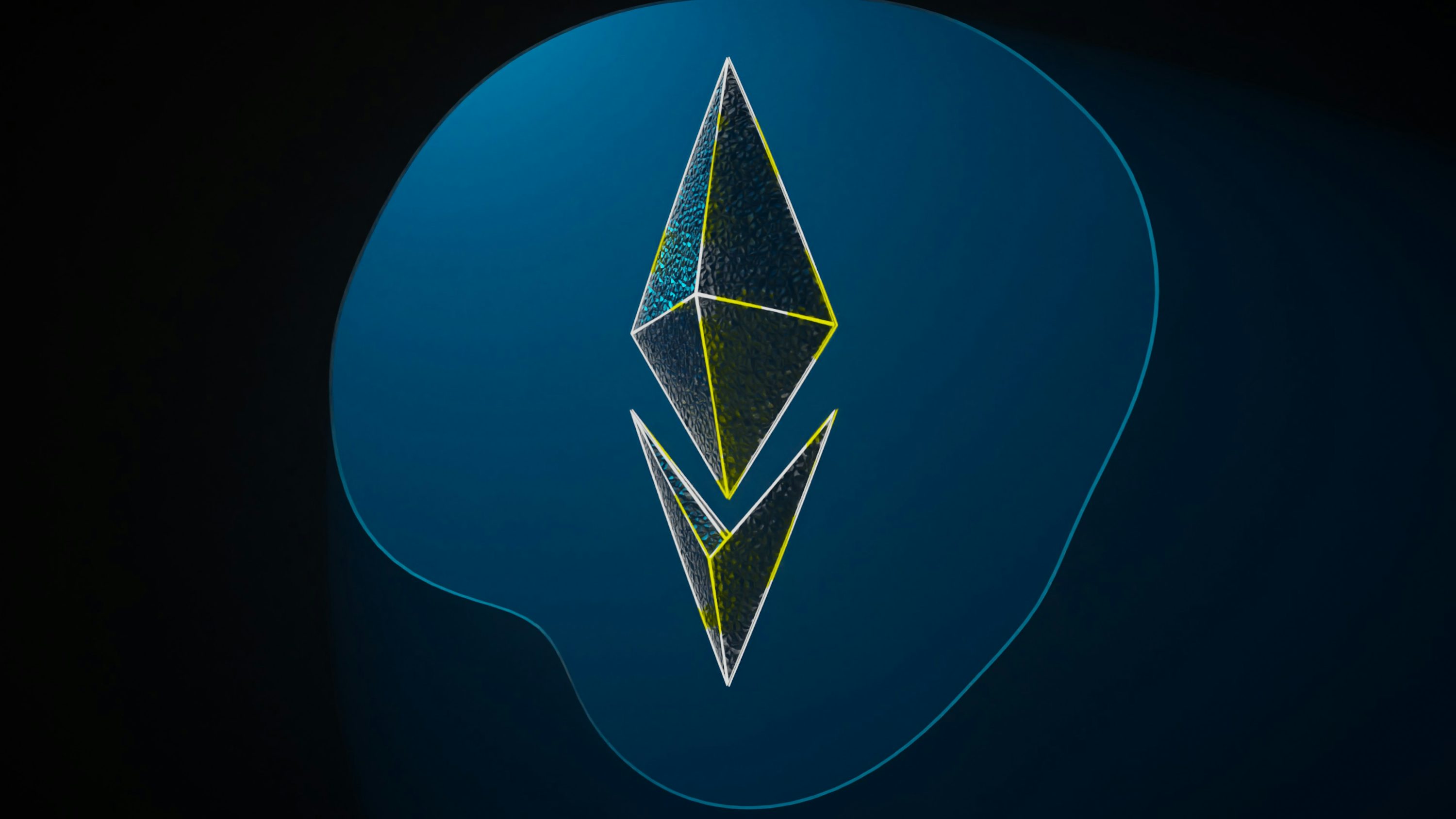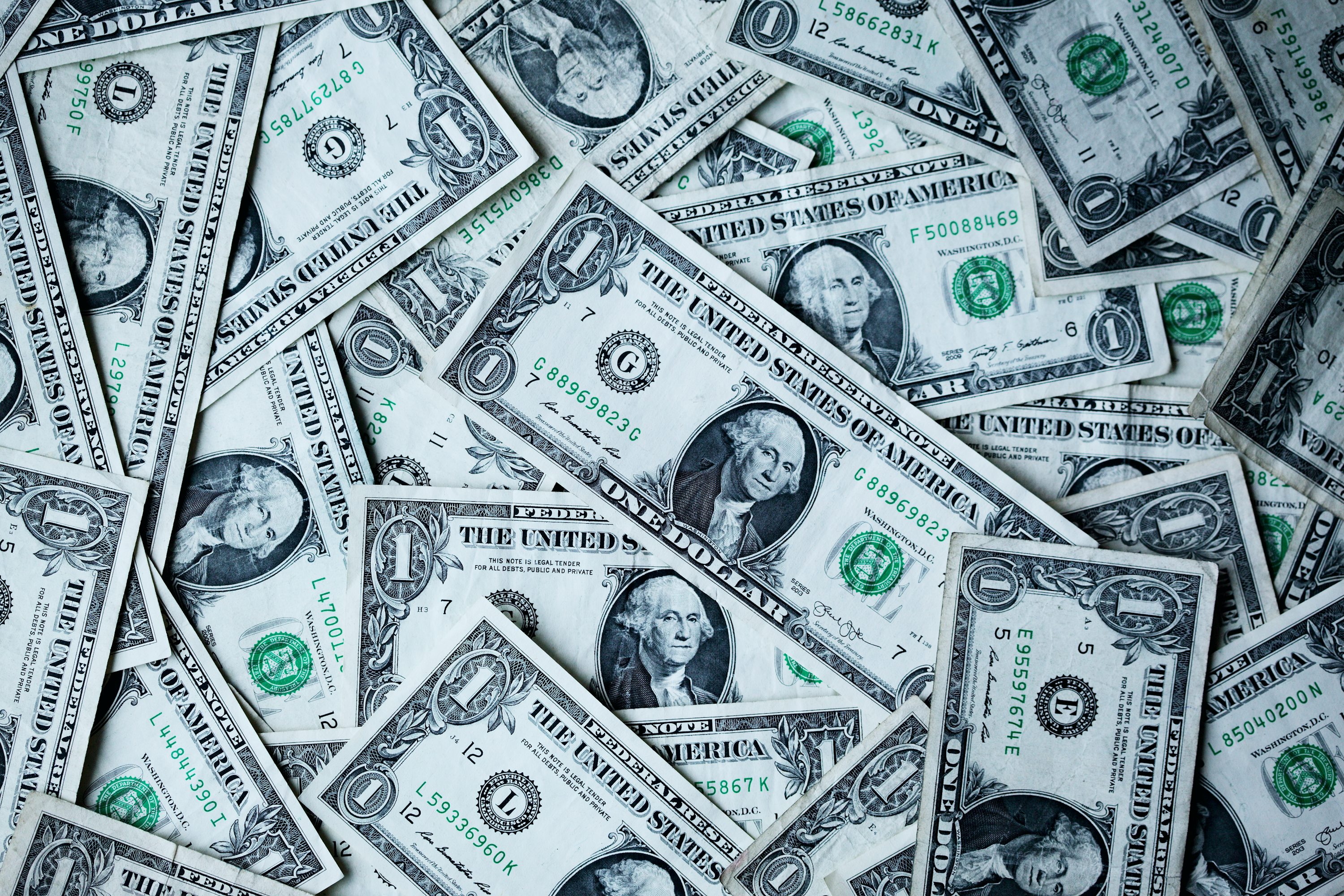Top financiers and millionaires just met up in the Swiss Alps. And the mood was terrible
The world's financial elite gathered in Davos, Switzerland this week, and a darkening global economic outlook was the number one talking point.
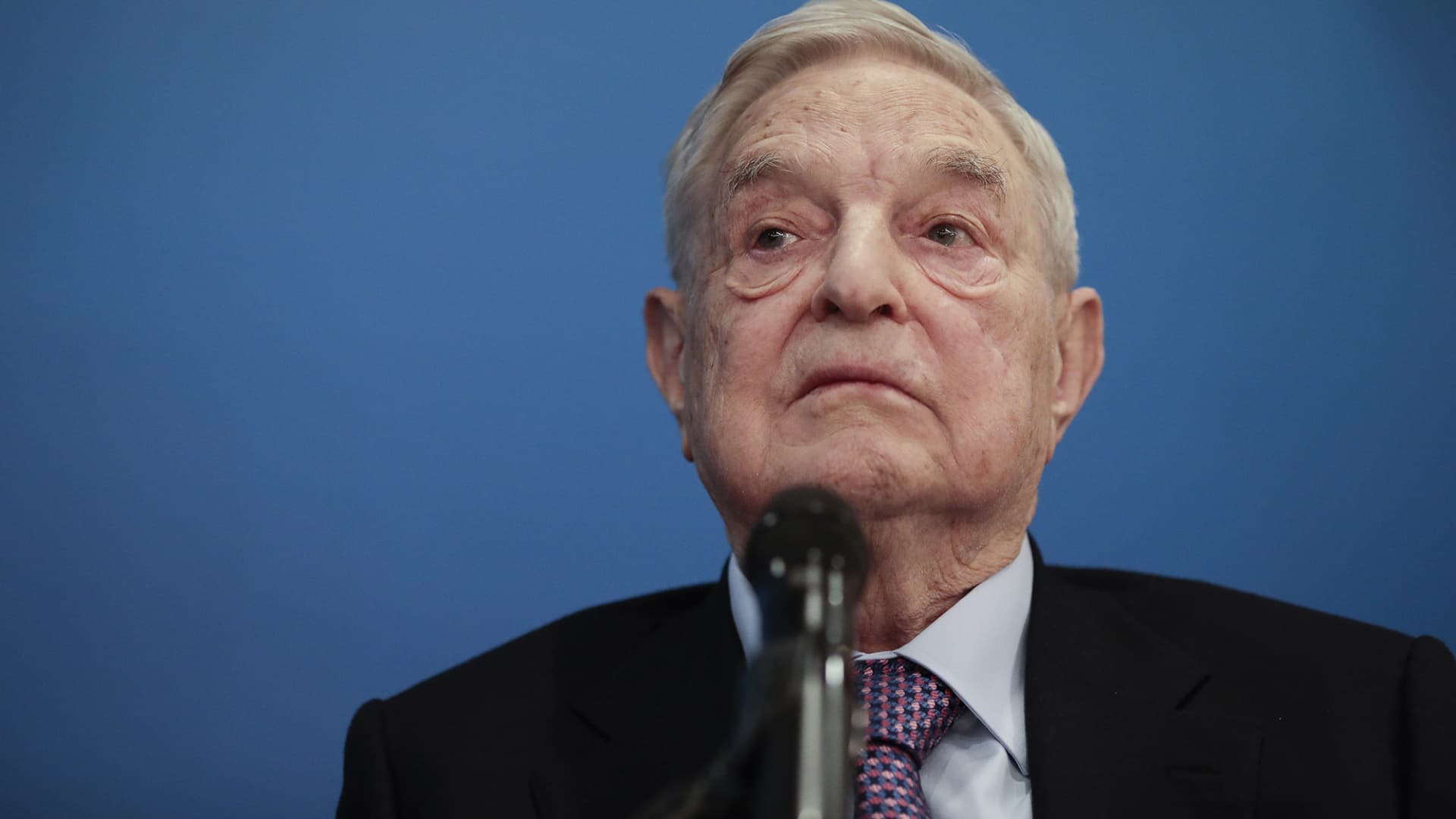
World Economic Forum signage in Davos, Switzerland.
Adam Galici | CNBC
The world's financial elite gathered in Davos, Switzerland, at the World Economic Forum this week, and a darkening global economic outlook was the number one talking point.
While some foresaw regional pockets of recession in countries or continents particularly exposed to the Russia-Ukraine war and global supply chain problems — with Europe a particular concern — others painted a far bleaker global picture.
Inflation has soared worldwide, with food and energy costs skyrocketing as the war and supply chain bottlenecks bite, along with the residual effects of the Covid-19 pandemic. This has forced central banks to start tightening monetary policy against a backdrop of slowing economic activity.
Recent data indicates that price increases have begun to spill into the underlying economy, posing further risks to global growth and causing headaches for central bank policymakers, who face the unenviable task of tightening monetary policy to rein in inflation without pushing economies into recession.
Liberal billionaire financier George Soros, in his speech on Tuesday, took aim at Chinese President Xi Jinping's doubling down on his "zero-Covid" policy and associated lockdowns, which he said have pushed the Chinese economy into a "freefall" since March.
Citing a recent nosedive in the Caixin composite purchasing managers' index, Soros said China's "steeply declining economic activity" would feed into a global slowdown unless Xi reverses course.
"Coming on top of the real estate crisis, the damage will be so great that it will affect the global economy. With the disruption of supply chains, global inflation is liable to turn into global depression," he said.
Russia, recession and rates
Speaking on a CNBC-chaired panel on Monday, Citigroup CEO Jane Fraser said the prominence of each of the "three R words" – Russia, recession and rates – depended on geography.
"So in the States, it's much more about rates because there is more resiliency in the economy, in the labor market, in the consumer. The consumer is sitting there on $3.4 trillion of deposits. Coming into Covid, they were sitting on $1 trillion, so there's some buffer there, to be seen if it's used wisely or not – the jury will be out on that," she said.
"I think much more concerning for Europe, that is right in the middle of the storms from supply chains, from energy crisis, and just the proximity to some of the atrocities that are occurring in Ukraine."
Asked whether Europe will see a recession, Fraser definitively answered: "Yes – and I hope I'm wrong."
She argued that in Asia, countries were largely emerging from the Covid-19 with "more sense of optimism." She suggested that "even China is seeing this as an event that is occurring rather than a long-term trend," and that further packages to stimulate the economy could be expected from Beijing.
"Food is the big worry here, because that could be the wildcard. When people are hungry around the world – and there's going to be 1.5 billion hungry people without necessarily the means or the access to food, particularly in Africa but not only – that is a problem."
Food price fears
The surge in food prices was also raised as a central threat by International Monetary Fund Managing Director Kristalina Georgieva, who said during a panel on Monday that the economic horizon has "darkened" due to the combination of the Russia-Ukraine war, tightening financial conditions, dollar appreciation and the slowdown in China.
"We have a commodity price shock in many countries, and the particular shock I want to bring your attention to is food price shock. Over the last week, because of that sense that maybe the economy is getting into tougher waters, the oil price went down but food price continues to go up, up, up, up," Georgieva said.
"Why? We can shrink the use of petrol when growth slows down but we have to eat every day, and the anxiety about access to food at a reasonable price globally is hitting the roof."
In a blog post earlier in the week, Georgieva warned that the global economy faces a "confluence of calamities" and its "biggest test since the Second World War," and the IMF estimates that global growth will slow to 3.6% in 2022 from 6.1% in 2021.
However, Georgieva was wary of sounding the global alarm, noting that "there is a long way from 3.6(%) to a global recession."
"What we may see is recession in some countries that are weak to begin with — they haven't recovered from the Covid-induced crisis, they're highly dependent on imports from Russia of energy or imports of food, and they have a somewhat weaker environment already — but we have not seen that yet."
European peril
Europe's proximity to the war in Ukraine and excessive reliance on Russian energy imports, along with soaring food and energy prices and global supply shocks from Chinese lockdowns, have led economists to downgrade euro zone growth forecasts substantially over the past month.
Euro zone inflation hit a sixth consecutive record high in April, with the 19-member region notching an annual 7.5% rise in consumer prices and piling pressure on the European Central Bank to begin hiking interest rates. ECB leaders this week nodded toward rate rises at the July meeting.
"We clearly see the consequences of Russia's invasion of Ukraine. It's sending shockwaves around the world and the world economic growth forecast has been revised down considerably," European Commission Executive Vice-President Valdis Dombrovskis told CNBC.
"And the same is true in the EU, so our latest economic forecast is 2.7% growth this year and before the war, our forecast was 4%, so it's quite a substantial slowdown on the economy."
Paolo Gentiloni, European Commissioner for Economy, suggested there were some silver linings that meant the continent was not "destined" for recession.
"We still have a good carry-over from the expansion after the Covid crisis, but of course in very troubled waters, so how we will manage this transition phase will be crucial to avoid a recession," he said.
However, CEOs at top European companies struck a more pessimistic tone. AXA CEO Thomas Buberl told CNBC that the risk of recession in Europe is "much higher" than in the U.S. and that the economic climate for the bloc will only get more difficult from here.
Covestro CEO Markus Steilemann said the inflationary environment and declining consumer confidence, at a time when people would ordinarily want to return to traveling and spend in the service industry, meant there is a "high likelihood" of a recession in Europe.

 Tfoso
Tfoso 







